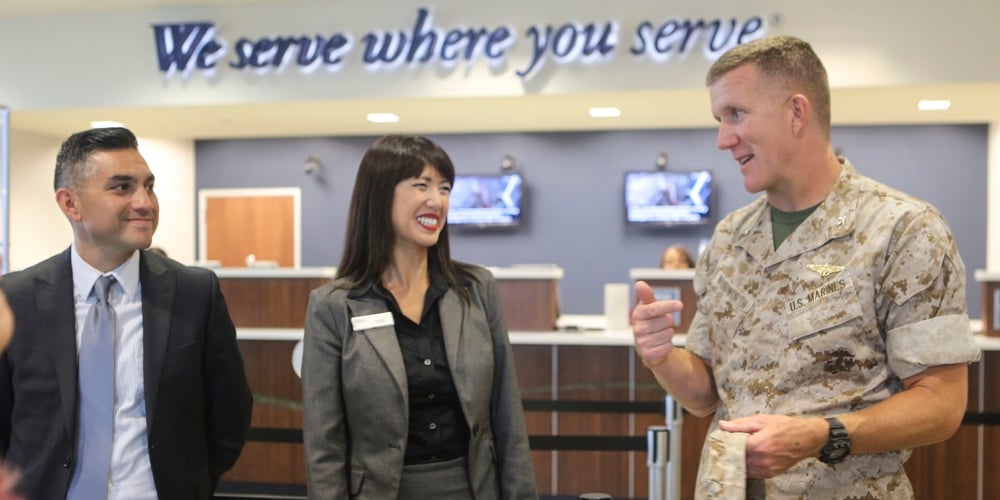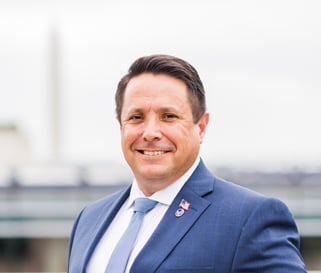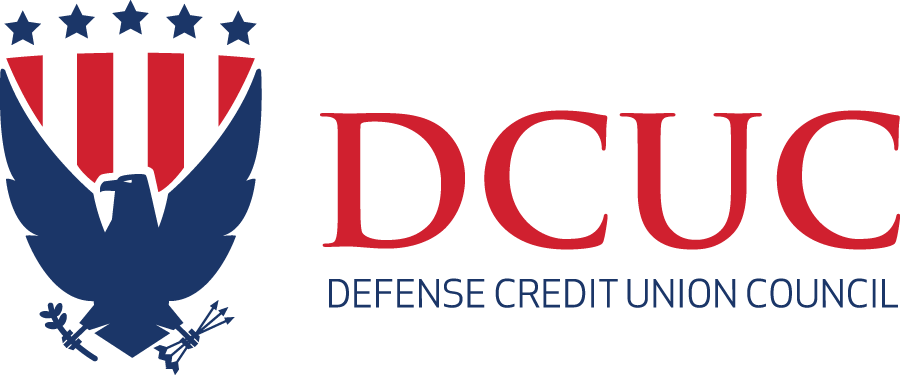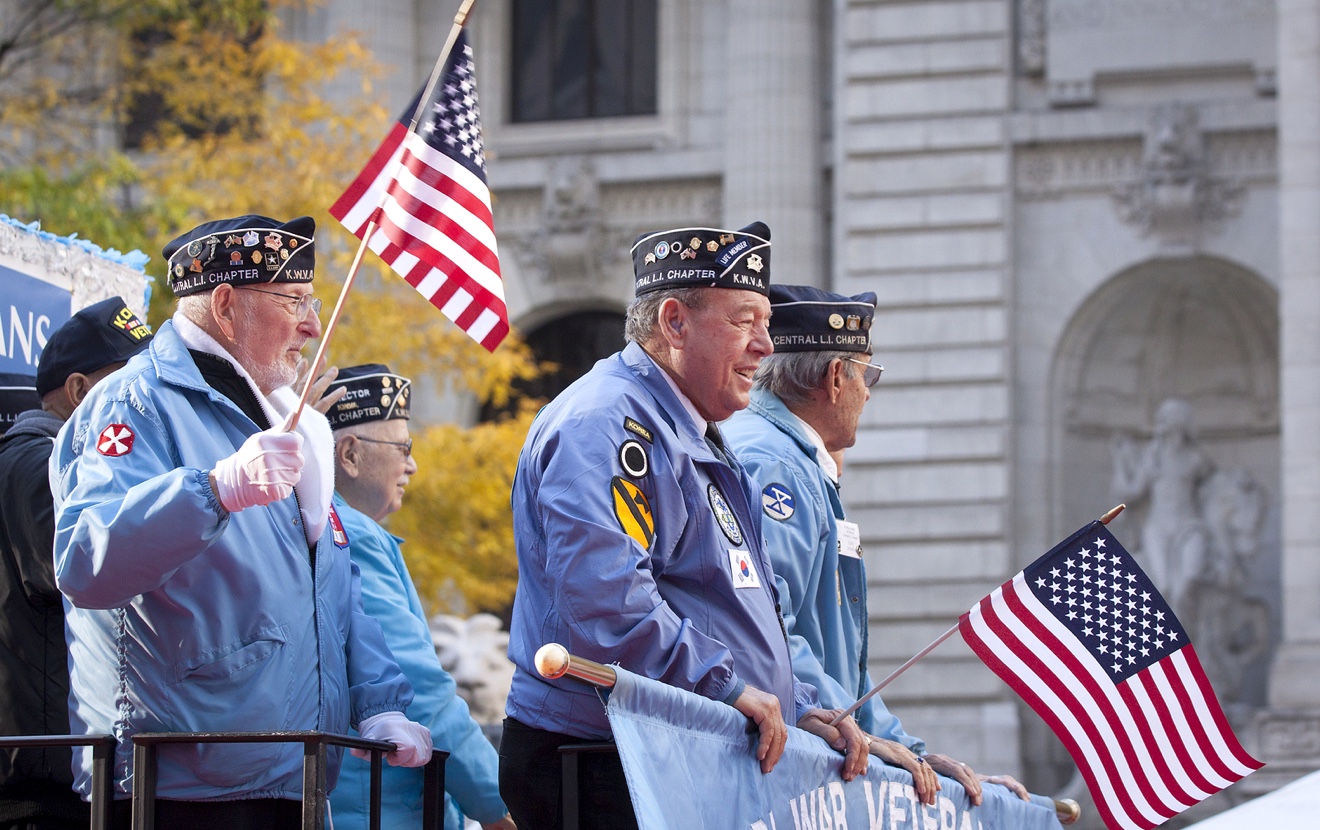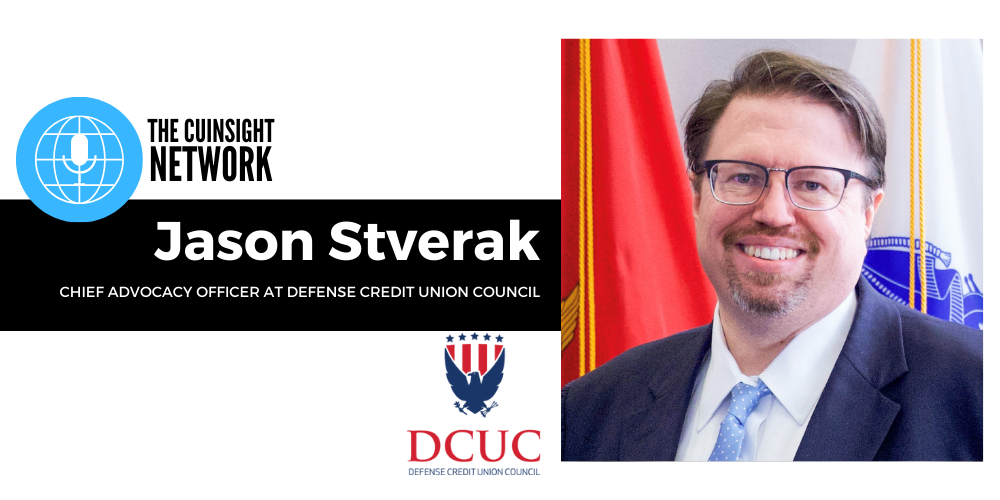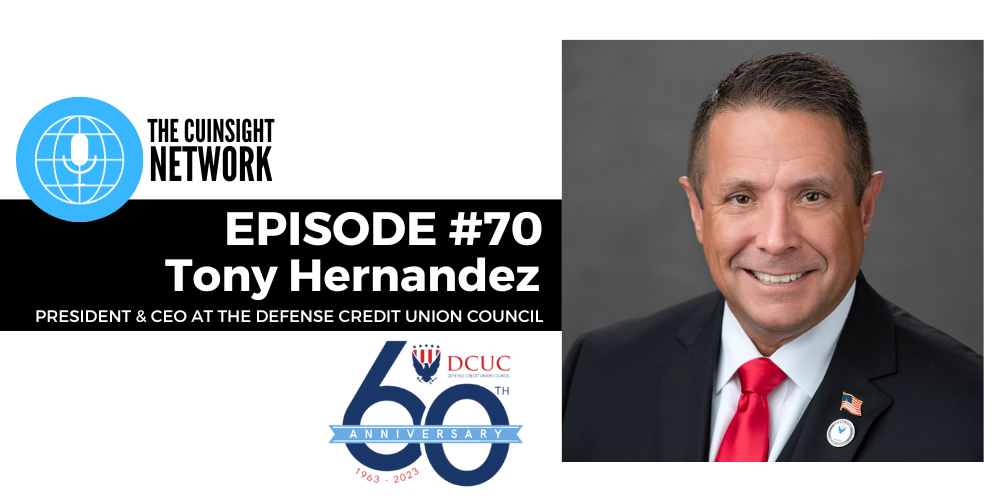Defense Credit Unions have served our military for nearly 100 years. It is a rich history of “serving those who serve our country” as members of our society join the military, undergo intense training for both their job specialties and war, deploy on short-notice orders, potentially get killed or injured during combat, and continuously relocate families all over the globe when they are “home.” It takes a special kind of credit union to serve the military and such service requires demonstrating the “people helping people” motto above and beyond the call of duty. Here are a few ways that a Defense Credit Union’s service is different.
First, Defense Credit Unions undertake a variety of roles on the military bases where they operate. The Department of Defense does not have the legal authority, budgetary, or manpower resources to provide financial services to military members. Plus, DoD’s mission is to fight and win our nation’s wars, not serve as financial service providers. Thus, Defense Credit Unions fulfill this role and save taxpayer dollars while preserving critical manpower.
Second, Defense Credit Unions provide protection from predatory lenders. If you have ever visited a military installation, you can see all the predatory lenders literally right outside the gate. Plus, DoD does not always police the amount of advertising and sponsorship from these establishments inside the gate. Yet, the consequences of predatory lending schemes detract from the mission, usually at the worst time.
As such, Defense Credit Unions are required by DoD Regulation to provide financial readiness education. Fortunately, this type of training is what all credit unions do. However, Defense Credit Union programs are heavily reviewed and must be approved by DoD. This is challenging because DoD is not in the business of regulating financial services and so standards become elusive as personnel changes on the installation.
Third, there are two practical reasons why Defense Credit Unions operate on the installation—direct financial support for both the warfighting mission and “in-garrison” operations. During mobilization for war, there is an immediate cash requirement as part of the execution order; usually in $50 to $250K increments. This cash requirement exists since our military typically deploys to remote and austere locations. These places do not accept credit cards much less Apple Pay or Bitcoin. A smartphone/mobile app is useless. Cash is required.
Since military units no longer maintain cash in their vaults, Defense Credit Unions are required to keep large amounts of cash on hand which must be “ready to go” on moment's notice. This cash is used to pay for things such as landing/docking fees, fortifying bare bases, or purchasing supplies on the local economy. Without this cash, the mission will fail as cargo gets impounded or bottled water runs out.
In terms of “in-garrison” operations, Defense Credit Unions also manage the government’s daily cash deposits as part of their operating agreement. For instance, defense commissaries, base exchanges, child development centers, dining facilities, and morale, welfare, and recreation centers each collect payments and must deposit receipts at the end of the day. These deposits must be made via an official Treasury General Account (TGA).
Since the DoD cannot legally provide financial services, these deposits must be made at an insured financial institution. Thus, DoD requires this service to be provided in its operating agreements. Defense Credit Unions who perform this service do so without charge. Without this agreement, the government would have to procure armored truck services as well as contract with a local financial institution that may or may not understand the installation’s mission. This can be very expensive and requires a separate contracting action.
All of the above are basic requirements for Defense Credit Unions in general.However, there is much more required from Defense Credit Unions. This includes operating overseas with “brick and mortar” locations on foreign soil. Imagine the dizzying array of local personnel policies, host nation agreements, and base access/security issues that drive additional compliance requirements in addition to NCUA and state regulatory requirements. This is the purpose of the Defense Credit Union Councilwhich has successfully advocated for each of our members since 1963.
Finally, our best example of serving our military is through the Armed Forces Financial Network. In 1985, Defense Credit Unions needed someone to create an ATM/Point of Sale Network since neither of the large ATM/Point of Sale Networks were interested or lacked the capacity to serve our military bases. Military installations are not typically located in large population centers for obvious reasons and extending ATM/Point of Sale service in overseas locations remains extremely challenging. Thus, the Armed Forces Financial Network was created to answer the call on moving military pay to an EFT environment. This was (and remains) a very successful effort.
Plus, the Armed Forces Financial Network gives a significant portion of its revenue back to the military community. This is “win-win-win” for the DoD, our military members, and all Defense Credit Unions. If you have a credit union member stationed overseas, I encourage you to consider joining the Armed Forces Financial Network to better serve your members stationed overseas or in different states across the continent.
In fact, I believe there is at least one military-connected member in virtually every credit union in the United States. As such, laws like the Military Lending Act and the Servicemembers Civil Relief Act apply to every credit union. The Defense Credit Union Council can help advocate your concerns with the Department of Defense directly and will work with each of the credit union trade associations on policy and legislative proposals that affect your credit union.
Our main concern is always the servicemember and their unique needs and stresses. The opening paragraph of this article highlighted a few of these stressors. Please give us a call when one of your members is in need, even when the issue is not financially related. We also welcome you to attend our Defense Matters Forum at the GAC and see how we can help.
